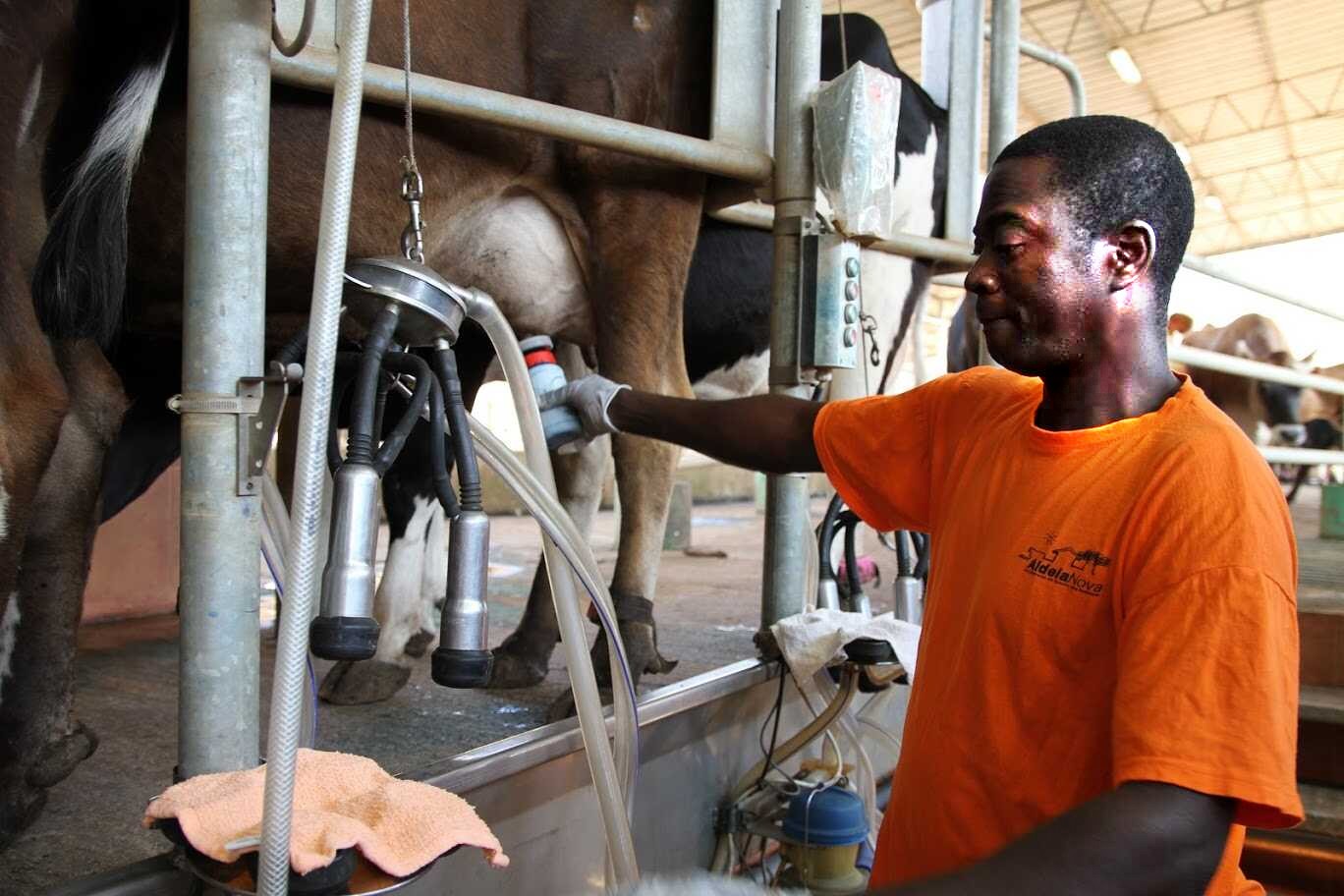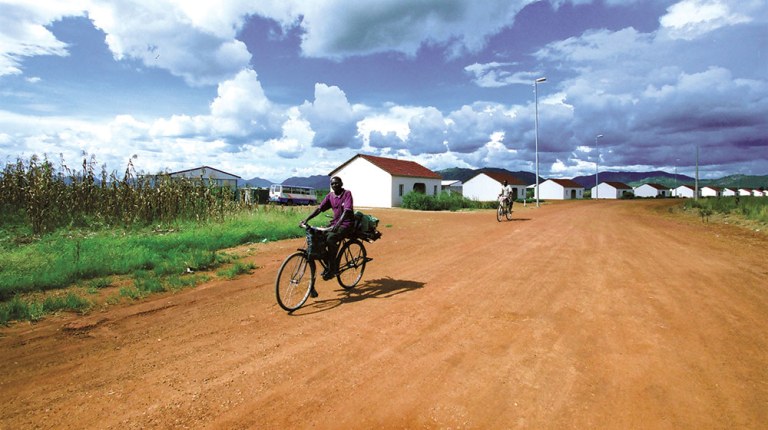
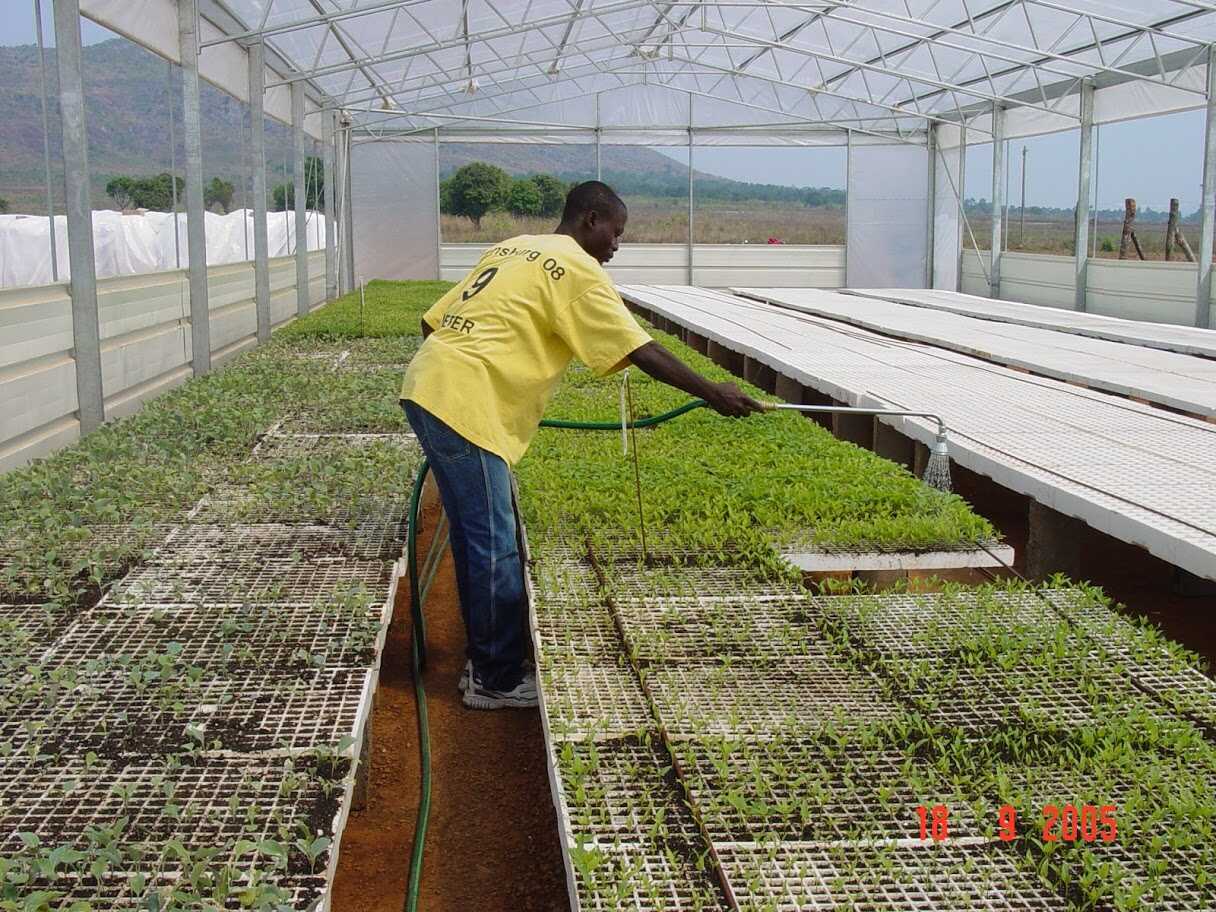
With its massive growth projections, sub-Sahara Africa remains one of the more attractive investment destinations. As international funding for infrastructure increases, demand for ventures that seek to address social and environmental unmet needs, in addition to making financial profits, intensifies.
Impact-driven business ventures are expected to create a sustainable value for the communities they serve, for the areas, and even for the entire countries in which they operate. They should create jobs, reduce pollution, better education and bring about opportunities – preferably all at the same time, alongside financial return.
Financing such exceptional, transformational, and reality-changing business endeavors is not always easy, especially in emerging markets where risks are greater. Since traditional project funding usually inhibits the ability to respond quickly to market changes, developing innovative financing structures, custom-made for the location, population and industry, has become a growing need.
While ensuring Menomadin Group remains at the leading edge of development finance, our mission-driven ecosystem of businesses, organizations and foundations pursue a shared purpose – advancing the development and empowerment of nations, as outlined by the UN’s Sustainable Development Goals, through business engagements of high impact and scale.
Sustainable development is defined as "a development that meets the needs of the present without compromising the ability of future generations to meet their own needs."
What are the UN's Sustainable Development Goals (SDGs)?
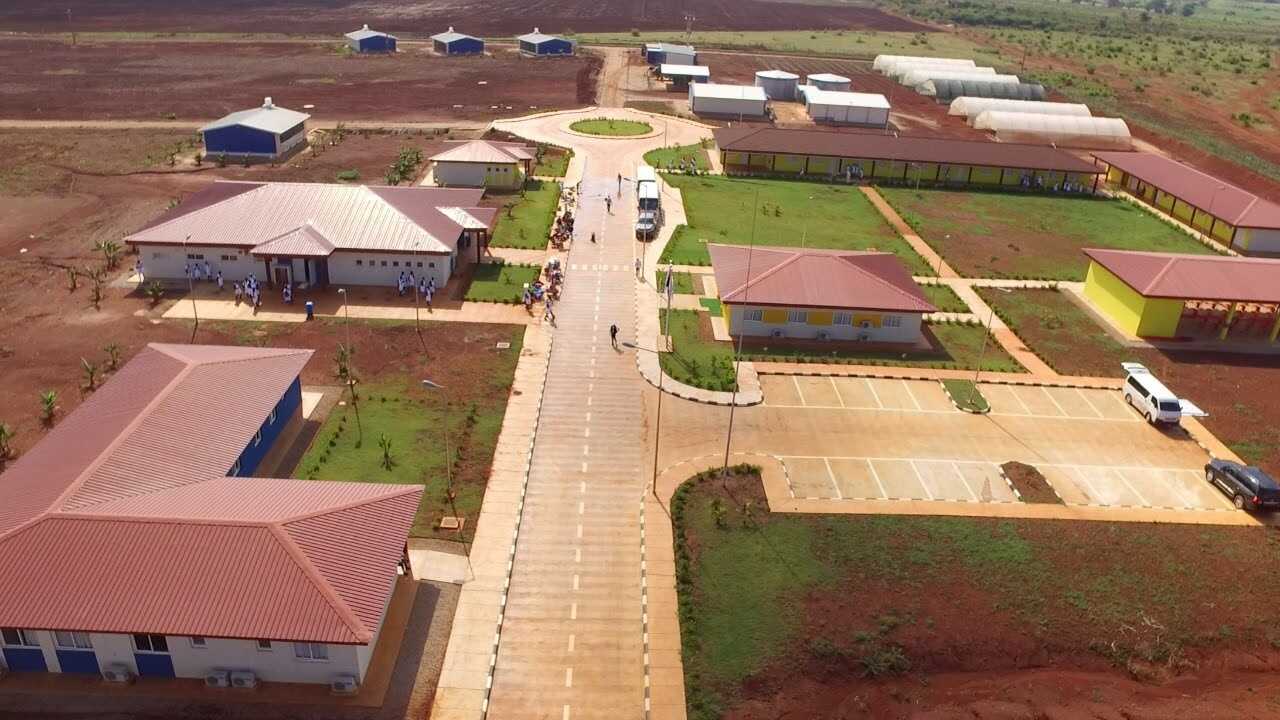
To encourage governments, citizens, businesses, and NGOs to address the world’s most pressing social, environmental, and economical challenges, the United Nations has created a global framework for sustainable development, also known as the “2030 agenda for sustainable development”, mapping out global priorities and objectives for 2030 for people, planet, and prosperity.
Adopted by all UN members in 2015, the SDGs serve as a universal call to action for investments, innovations, and efforts that can bring about lasting solutions.
What are the 17 sustainable development goals?
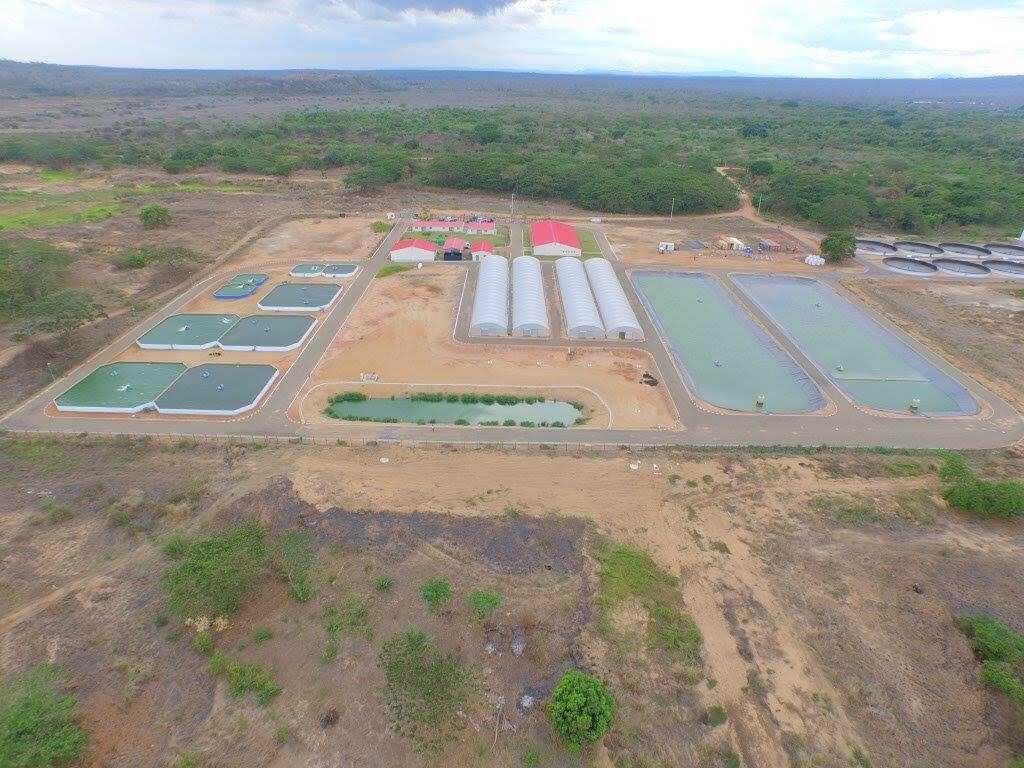
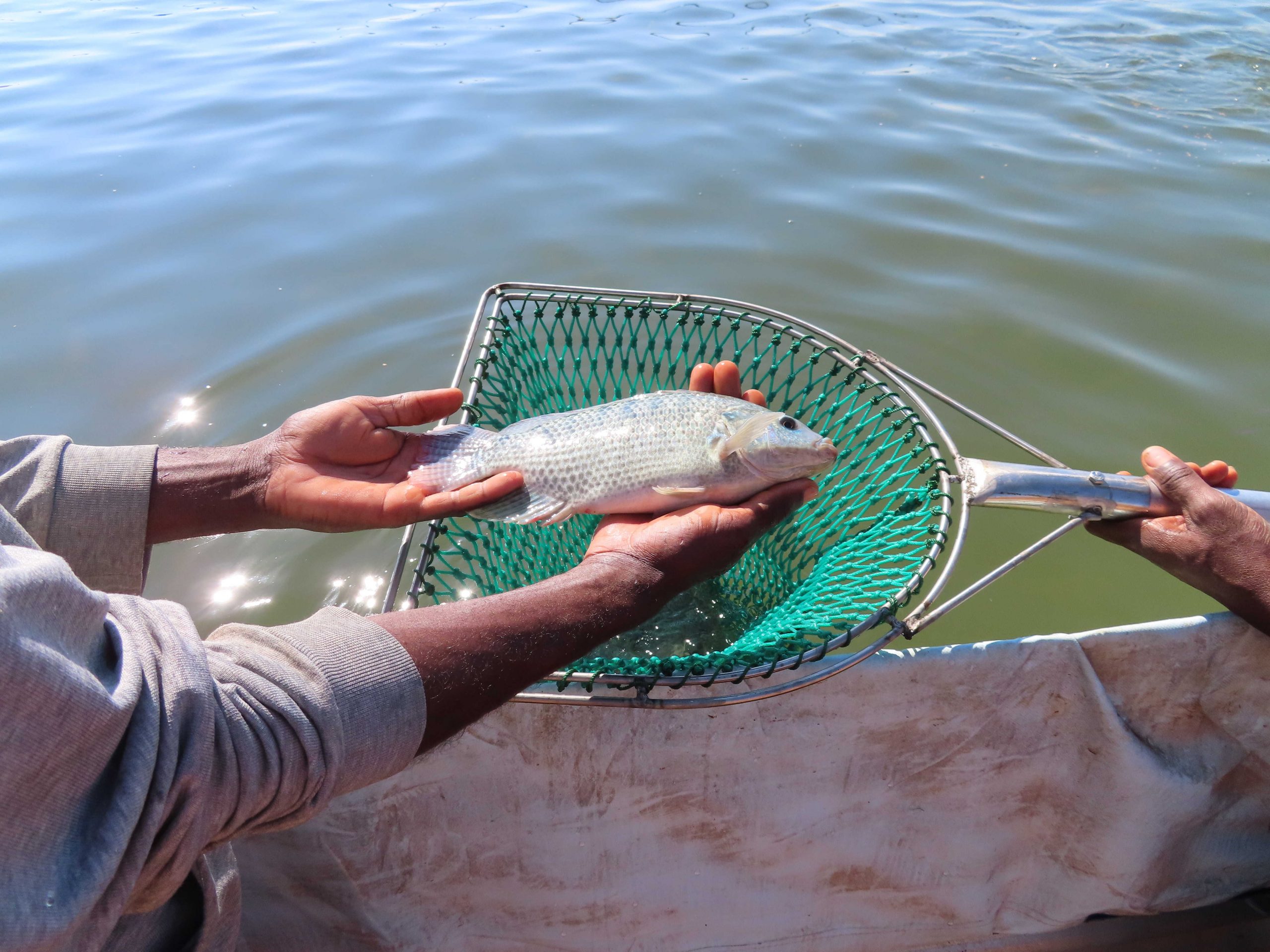
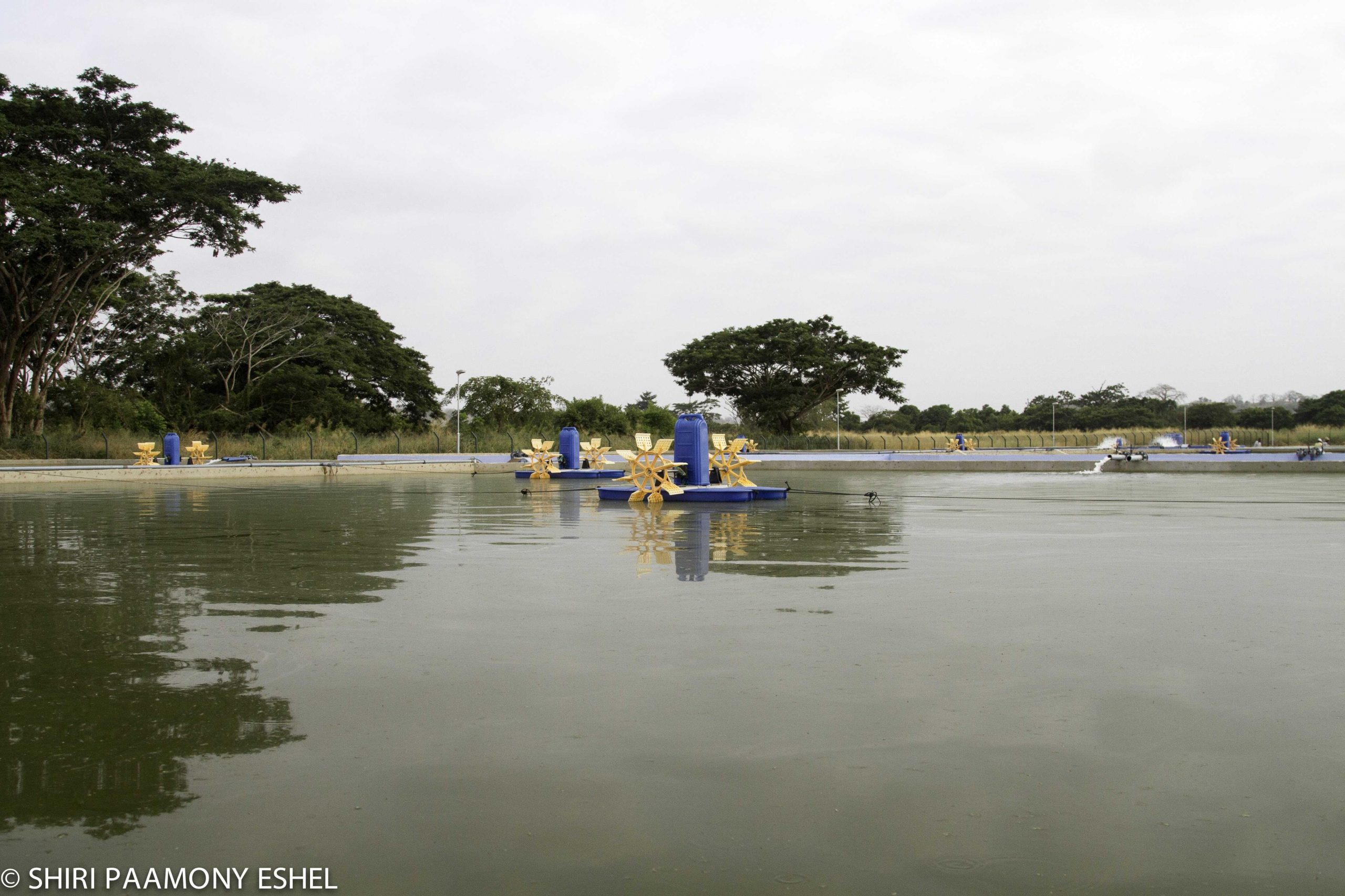
Photos by: Shiri Paamoni
SDG 1 – No Poverty
Eradication of poverty in all its forms is by far the most central SD goal. Increasing standard of living and fulfilling basic needs in a sustainable way can only be achieved through inclusive economic growth.
SDG 2 – Zero Hunger
While food security is the most basic human right, global hunger and malnutrition rates continue to rise. A sustainable agriculture sector and resilient food systems are key solutions for hunger and poverty eradication.
SDG 3 – Good Health and Well Being
Sustainable development depends on the ability to ensure healthy lives and well-being for people everywhere. To meet this global target, investments in preventive medicine, as well as maternal and child health is required, especially in developing countries.
SDG 4 – Quality Education
Accessible and affordable quality education is a proven vehicle for social mobility and improved standard of life. Ensuring all children with primary and secondary schooling is a means to eliminate disparities in access to quality higher education and affordable vocational training.
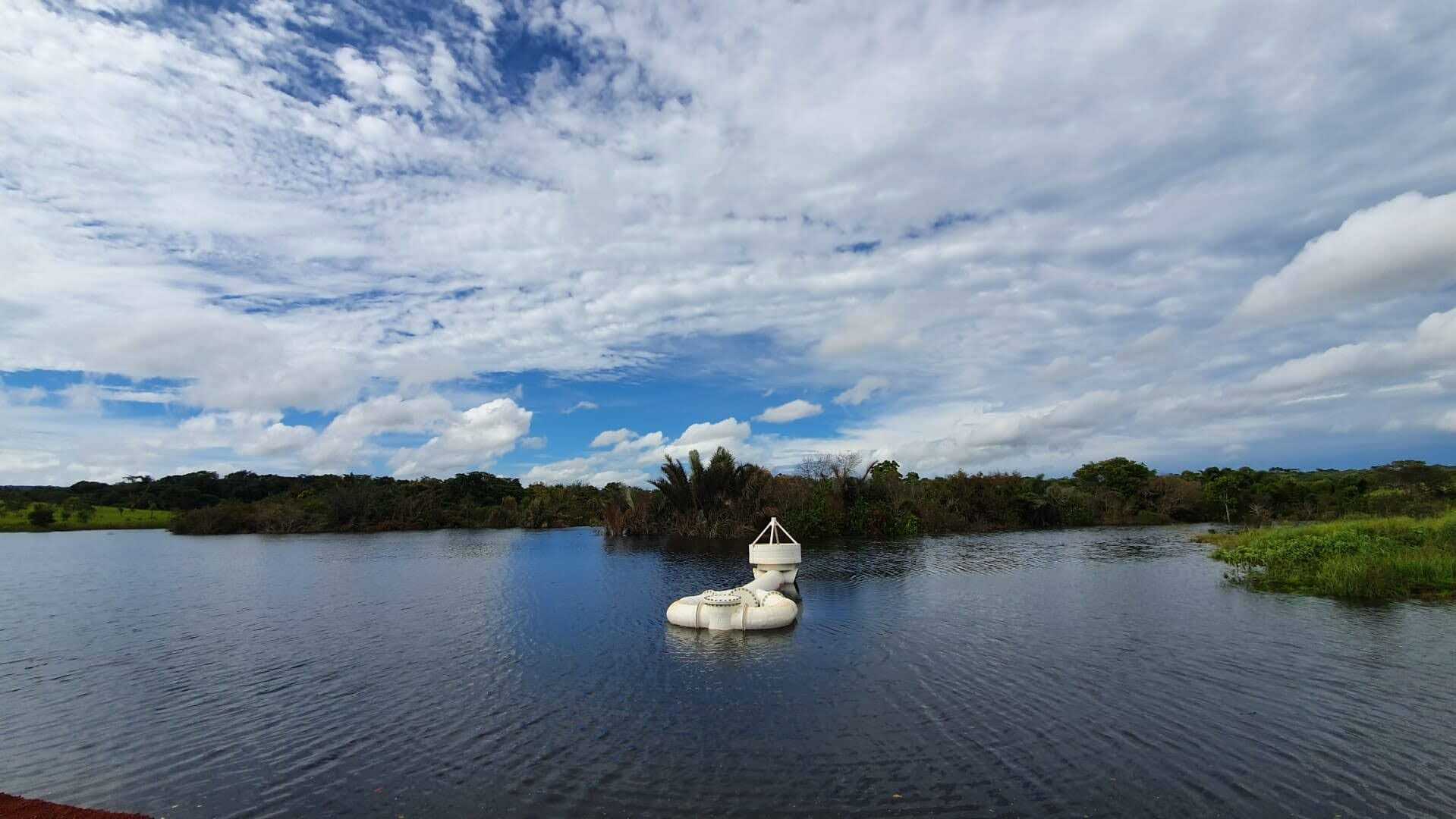
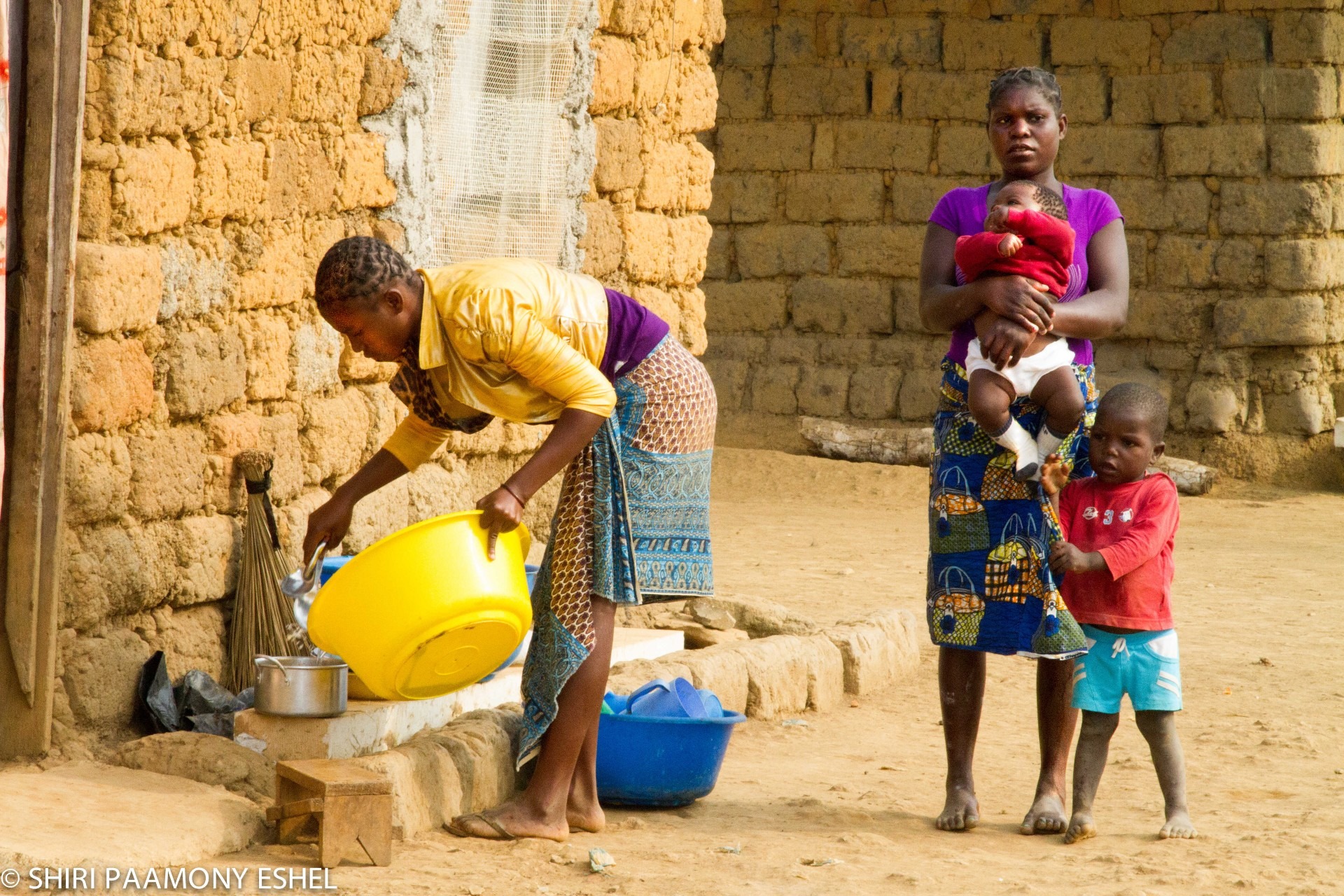
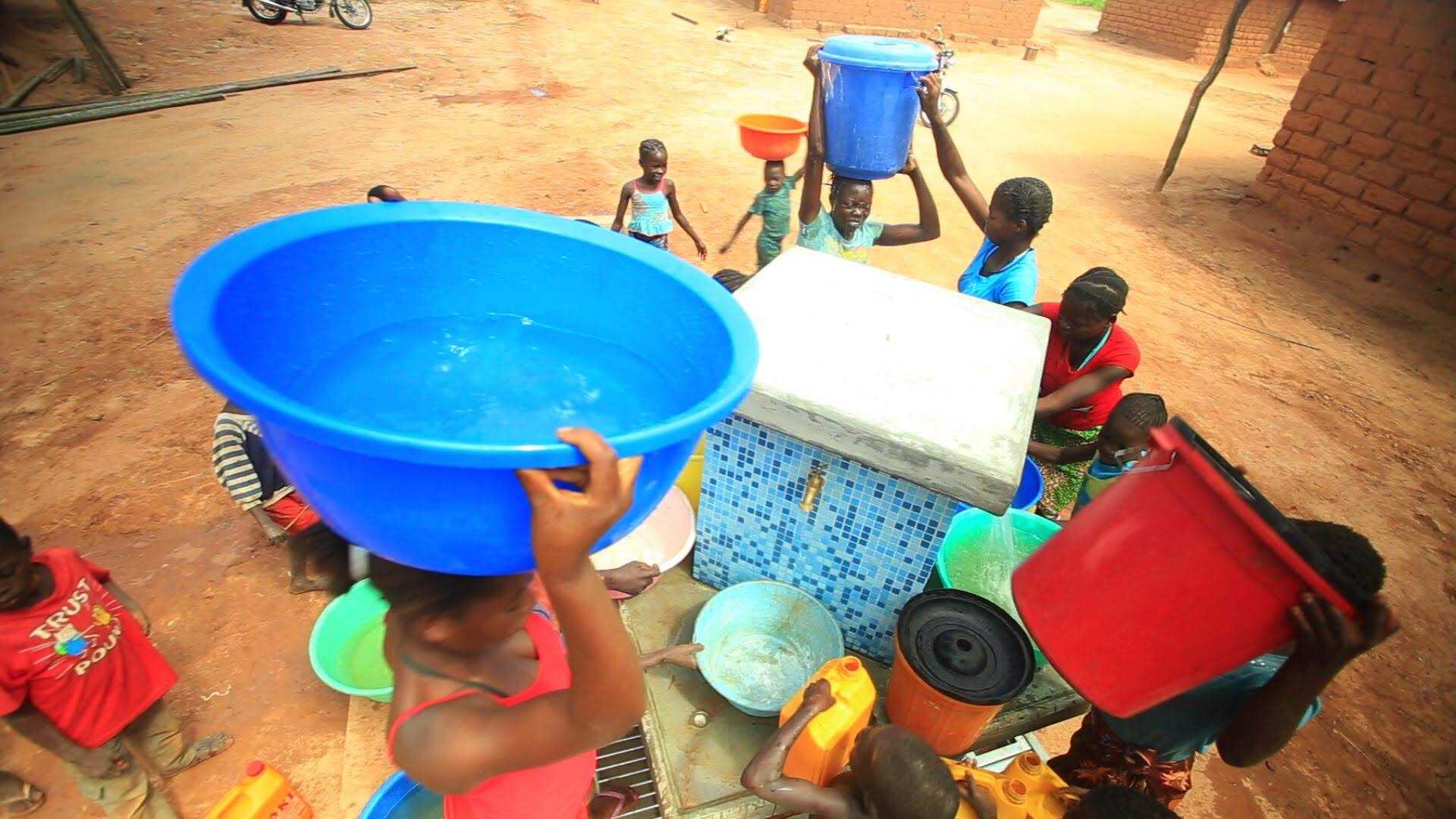
Photos By: Shiri Paamoni
SDG 5 – Gender Equality
The widespread discrimination against women and girls in some regions constitutes a major roadblock for sustainable development. Empowering women and ensuring them equal rights to economic resources, education and health services will have a tremendous contribution to national development.
SDG 6 – Clean Water and Sanitation
The availability of drinking water and sanitation systems has tremendous health, economic and social implications. Adequate water system infrastructures, facilities, and sustainable management in developing areas improves living standard and national development.
SDG 7 – Affordable and Clean Energy
Energy is a key factor for ensuring economic development and increased well-being. Investing in renewable energy sources, especially in the Middle East and sub-Sahara regions will enable advancing health, agriculture, and new industrial sectors while reducing environmental footprint.
SDG 8 – Decent Work and Economic Growth
Quality, safe, and decent employment generate a more sustainable and inclusive economic growth. Decent job creation is imperative to reducing poverty in developing countries, and can impact on areas such as education, well-being, gender and the environment.
SDG 9 – Industry, Innovation, and Infrastructure
Fostering innovation and entrepreneurship is one of the more efficient vehicles to inclusive development. Investments in sustainable industries and scientific research can facilitate sustainable economic growth.
By seeking and capitalising on particles of promise, we make sure our ventures are conceived out of consideration for people, planet and prosperity.
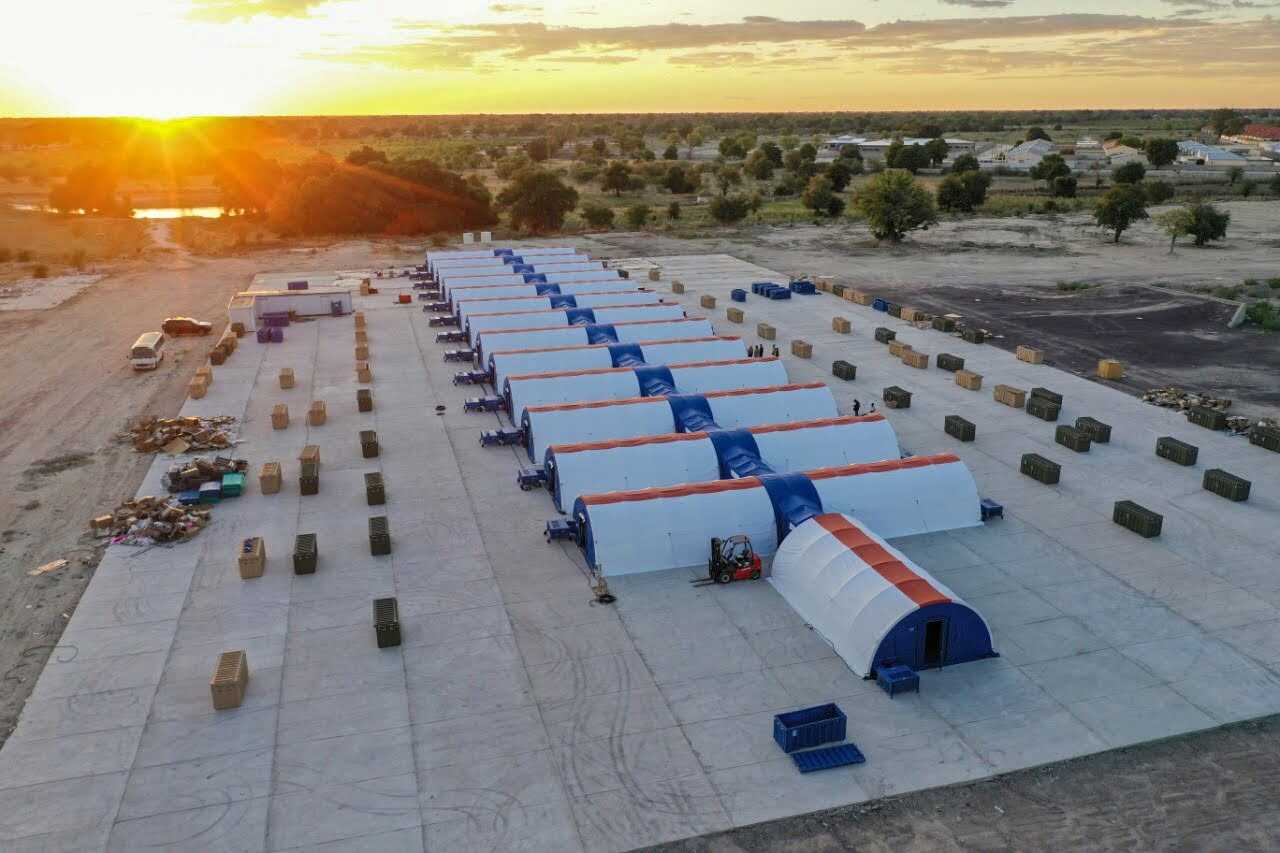
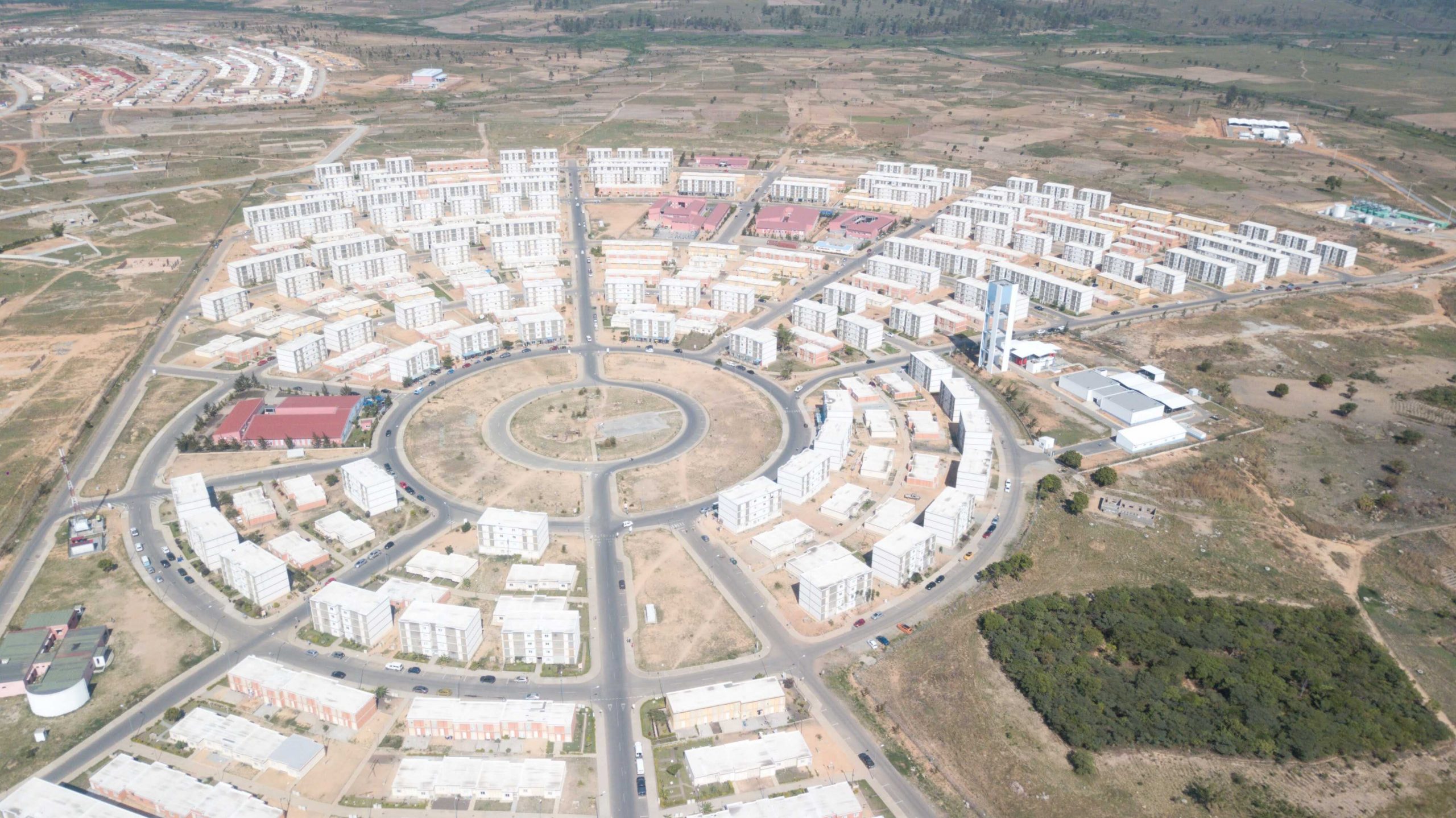
SDG 10 – Reduced Inequalities
Opportunity disparities in education, health and employment limit human capital and block potential for inclusive growth. Improving laws, policies and regulations, as well as encouraging development in areas where the need is greatest can bridge these gaps.
SDG 11 – Sustainable Cities and Communities
The rapid growth of cities has made inclusive urban planning a priority. Ensuring safe and affordable housing, quality education institutions, public transport, green public spaces, and decent employment are some of the key elements to achieving sustainable cities and communities.
SDG 12 – Responsible Consumption and Production
Inefficient production and consumption of resources that increase our collective ecological footprint, impairs future generations’ ability to achieve sustainable development. Waste management technologies, clean energy, and recycling can shift us towards a more resource-efficient economy.
 SDG 13 – Climate Action
The drastic effects of climate change are apparent all over the world. Most vulnerable are developing land locked countries and island states. Efforts to mitigate climate-related disasters concentrate on limiting the increase in global mean temperature to two degrees Celsius above pre-industrial levels.
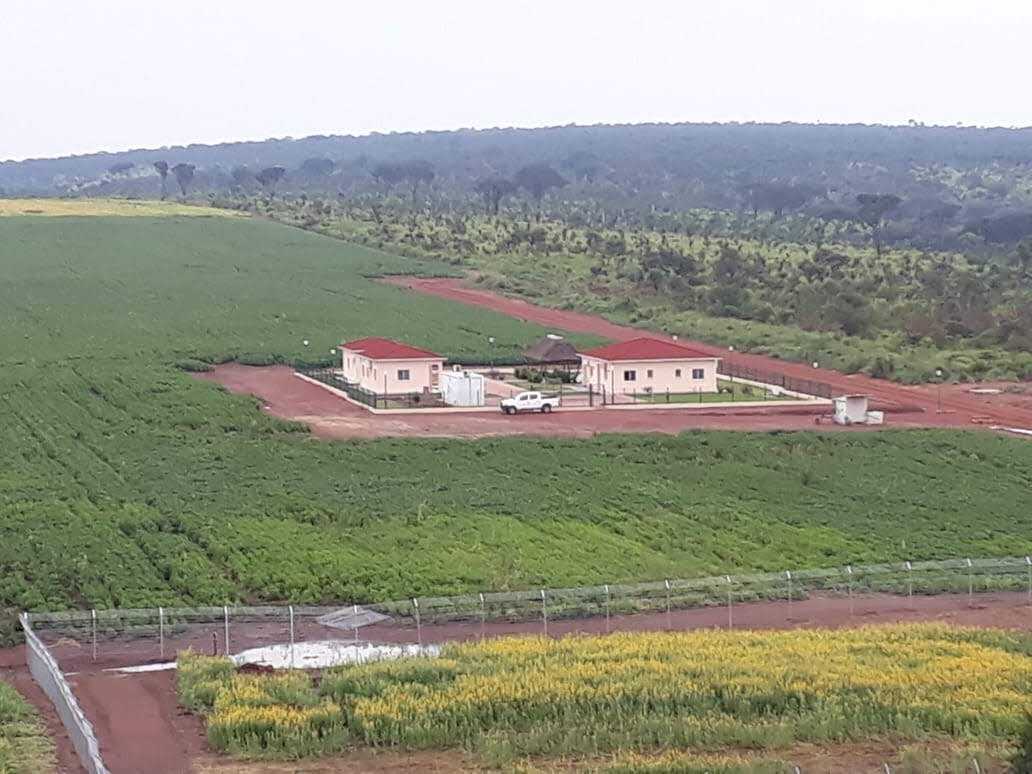
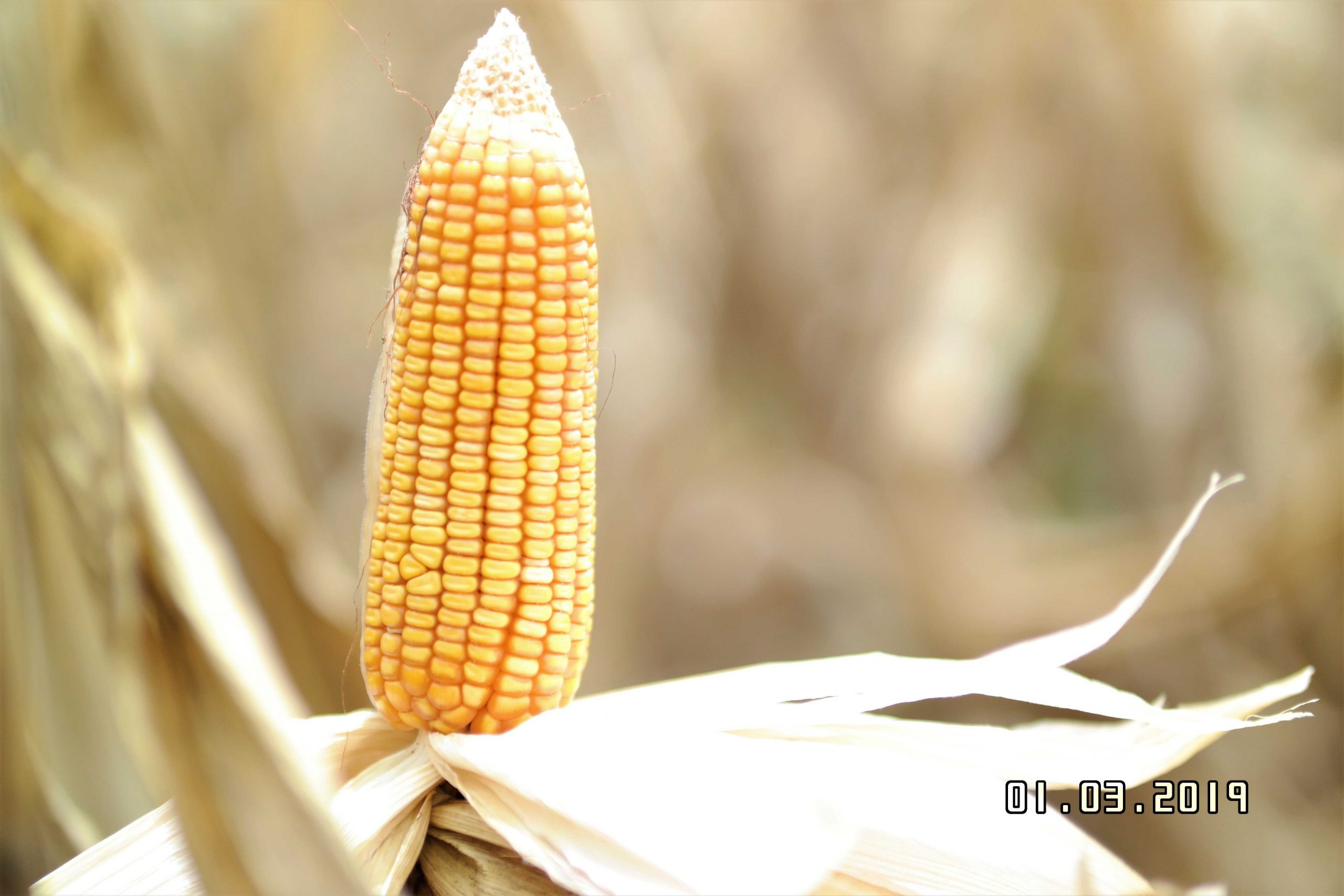
SDG 14 – Life Below Water
Protecting ocean ecosystems from pollution is crucial for humanity as a whole. Managing ocean-based resources and advancing pollution management technologies will help tackle the challenges our oceans are facing.
SDG 15 – Life on Land
Agriculture and livestock are not only our main source of food, but also an important economic resource and means of production. Promoting actions to sustainably protect terrestrial ecosystems is vital for our future.
SDG 16 – Peace, Justice and Strong Institutions
Without peace and stability there can be no sustainable development. Working with governments and communities to encourage incentives for conflict resolutions can increase sustainable development.
SDG 17 – Partnerships for the Goals
Achieving the UN’s SDGs is a noble effort, but its realization depends on our ability to work together – governments, civil society organizations, and businesses, in developed and developing nations, to accomplish this shared purpose.
Menomadin Group: An SDG business leader
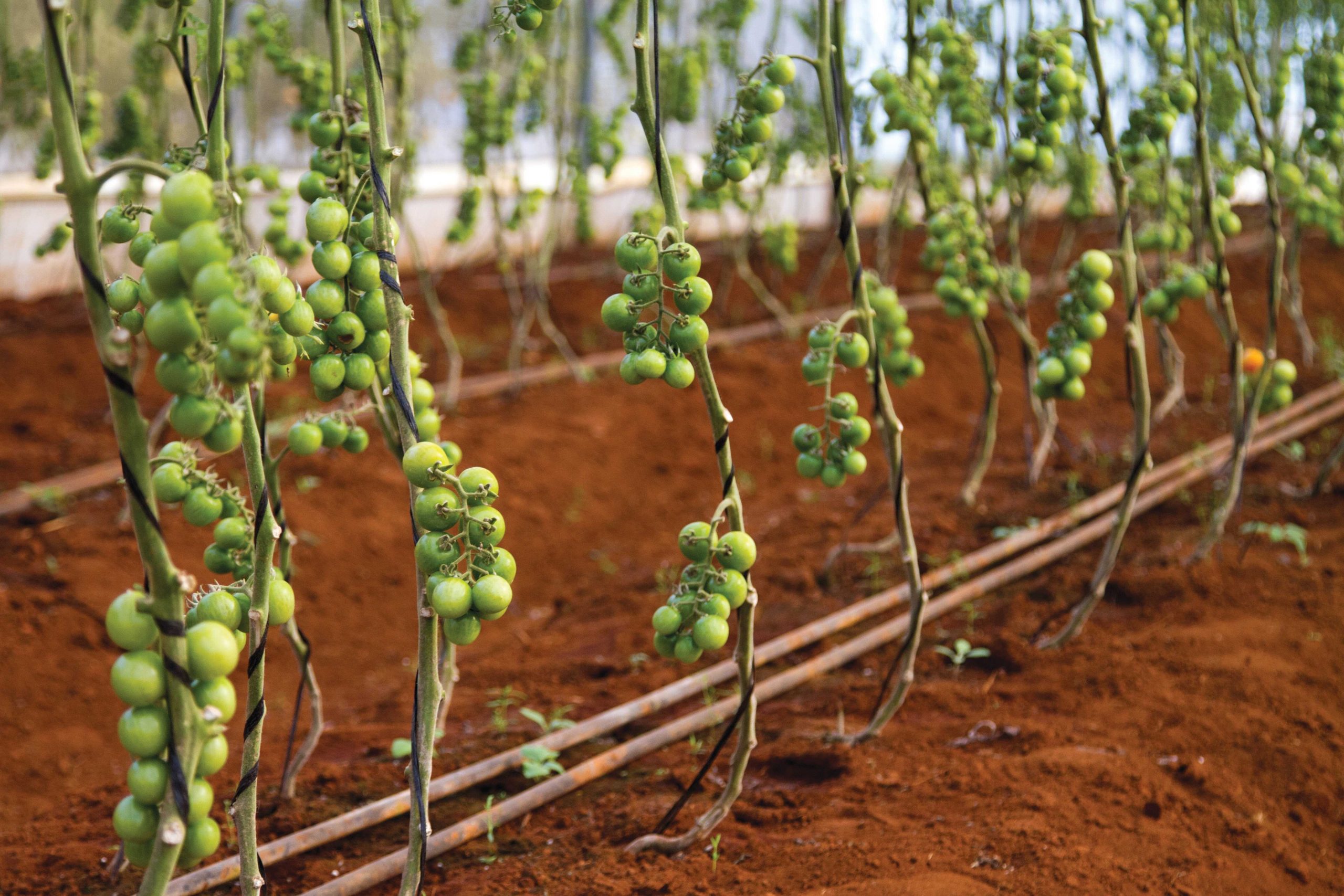
By seeking and capitalising on particles of promise, we make sure our ventures are conceived out of consideration for people, planet and prosperity.
Continuously searching for opportunities in sub-Saharan Africa, North Africa and the Middle East, we leverage our strengths and core expertise in project finance to bring about meaningful and long-lasting change.
